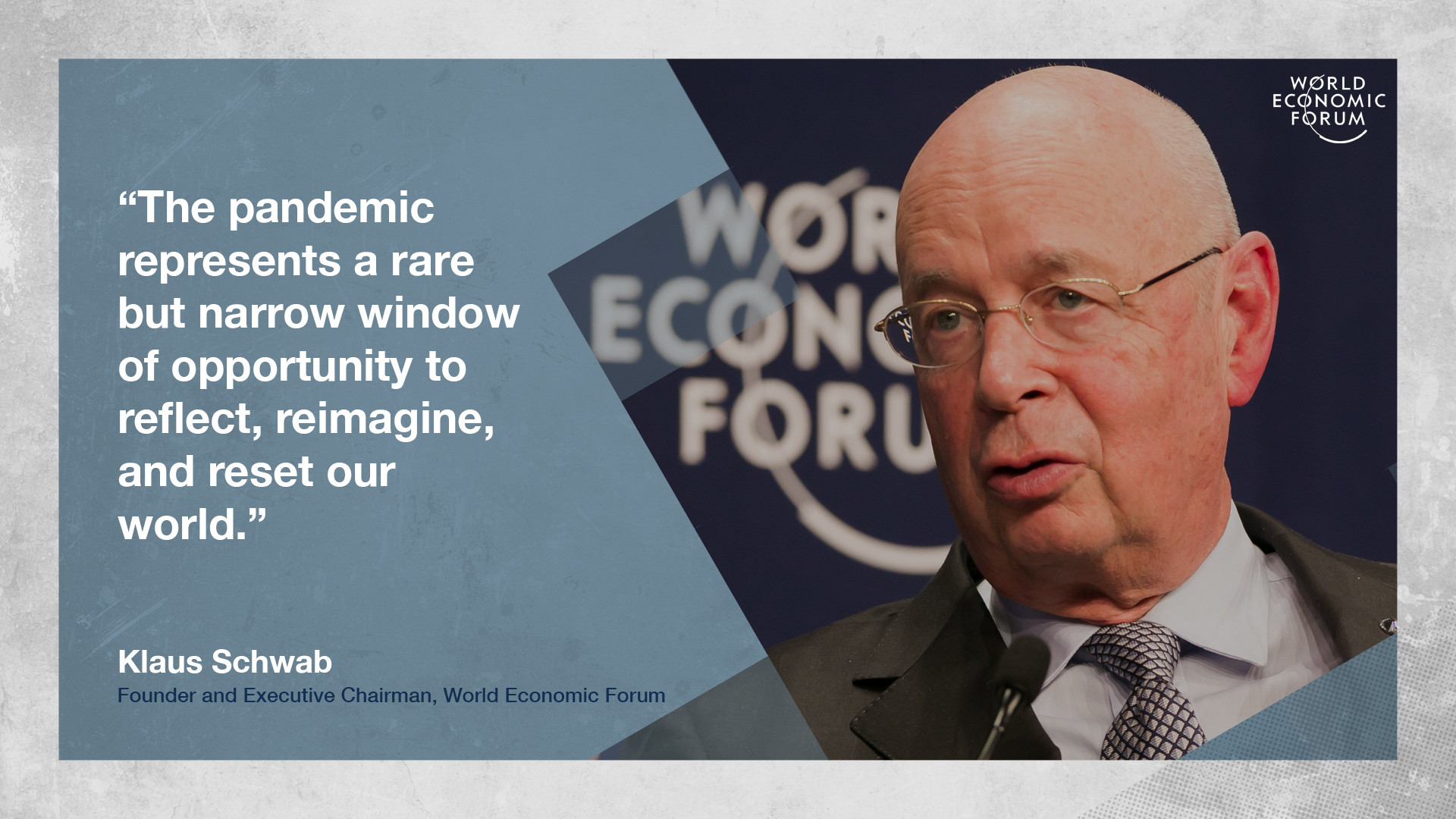Click play on the player below to listen to the audio version of this Word on Phuket article.
This week, many western governments are rushing to denounce Russia for reportedly invading Ukraine. The mainstream media in those countries has suddenly switched from persistent fear propaganda to have us cower under the threat of the common cold to banging the war drum, demanding that we side with Ukraine. The new anti-Russia narrative has also given the fickle keyboard warrior virtue signalers a new cause to defend on social media.
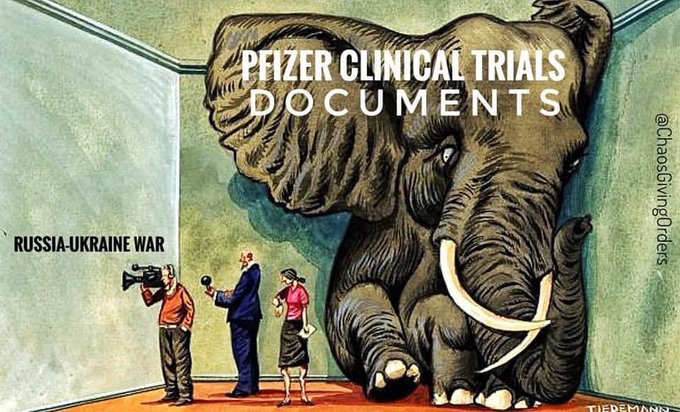
Russian Federation president Vladimir Putin has said he is only targeting military installations that threaten the federation and that further actions depend on negotiations but he is steadfast about defending Russia against Nato expansion, which he says has contiuned despite promises made in the 1990s by Nato members not to encroach any further eastwards. Putting the conflict into context, president Putin asked how Americans would react if Russia put missiles between Canda and the US or along the Mexican border.
Whatever the deeper reasons for the conflict, very few of us can claim to be privvy to what’s really going on behind the scenes and the vested interests involved. But what we can see plain as day are the usual divisive tactics employed with demands for countries to publicly pick sides and proclaim allegience to Ukrain and denounce Russia.
Desperately seeking diplomacy
Thailand, as always, is taking a diplomatic approach to try and remain nuetral while facing immense international pressure from foreign ambassadors to align itself with Ukraine and against Russia.
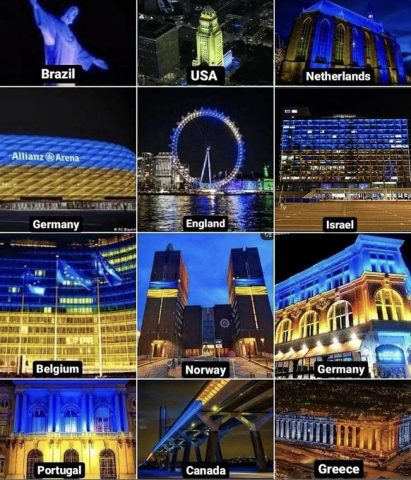
Some 25 ambassadors based in Thailand are putting pressure on Thailand’s foreign ministry to speak up against the Russian invasion of Ukraine and to support the United Nations General Assembly’s resolution on the war in Ukraine, which is set to be voted on this week. Those ambassadors denouncing Russia are mainly from European Union member states as well as from the UK, USA, Canada and Australia.
However, Thailand’s foreign minister Don Pramudwinai said on Tuesday that Thailand will not rush to condemn Russia, like many other countries have done, because it will not help to improve the situation.
The foreign minister’s stance is a tactful approach that reflects the Buddhist doctrine of following the middle path, which has served the country well for centuries. Unlike its neighbous, Thailand was never colonized and retained her soverignty while managing to maintain friendly relations with almost all nations, including Russia.
Don Pramudwinai said that some matters must be allowed to take their natural path, adding that the war in Ukraine involves many players with various vested interests.
He also said that a country cannot afford to be weak otherwise, it will be dominated or annexed by more powerful countries, which I believe could be a hint that there is empathy for the Russian prime minister’s actions.
He went on to say, “Everyone knows that, if the war drags on, energy prices will rise. This will be followed by a rise in inflation. We don’t want these,” adding that there are many other issues that Thailand will have to deal with.
I believe these wise words from Thailand’s foreign minister and his resistance to being coerced into choosing a side shows that he is wise to the theatrics being played out on the world stage and is skillfully staying at arm’s length from the tentacles of the World Economic Forum and their plans for a Great Reset to usher in a fourth industrial revolution. Indeed Thailand could end up being a fairly safe haven if a new world war is conjured up by those more powerful nations.
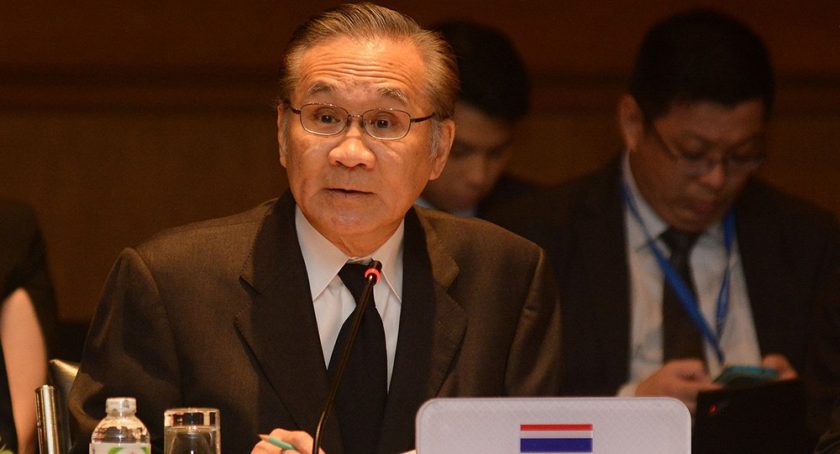
Vested interests
Russia and Thailand do have strong economic ties, though, with numerous trade agreements in place. Russian exports to Thailand include crude oil, metals, parts, chemical industry products, machines and vehicles. Russia also imports vehicles, chemical products and food and agricultural commodities from Thailand.
The impacts of Sanctions being imposed against Russia by nations aligning themselves with Ukraine are already being felt in Thailand. Thai nationals working in Ukraine are experiencing problems communicating with their home, which they usually do with social media messengers and apps, and they are having to find alternative ways of transferring money between the two countries since the U.S., Canada and Europe have blocked seven Russian banks from using SWIFT, the messaging system that enables bank transactions.
Struggling to recover from impacts of covid restrictions
These additional financial impacts come just as Thailand’s toursim industry was promising to recover after 2 years of almost no foreign visitors due to heavy restrictions on international travelllers, insisting that tourists are double jabbed, provide proof of several negative PCR tests before and after arrival and until recently, had to stay in quarantine for several days, regardless of jab status. While these measures – including laws requiring face masks to be worn in public – were promoted as keeping the country safe from the spread of infections, the number of positives are not that disimilar to those other countries that have been counting cases with the controversial PCR tests.
The requirements were slightly eased and updated on March the first for compliant citizens willing to get injected just to travel. Now, travellers arriving in Thailand by air, land, and sea must have prepaid quarantine-approved accommodation for 1 night and undergo two tests. The now obligatory health insurance coverage specifically covering the common cold 19 since the plandemic, which used to be US$40,000 has been reduced to no less than US$20,000. However, those that haven’t taken part in the world’s biggest medical trial still have to quarantine for at least 2 weeks and must have several PCR tests.
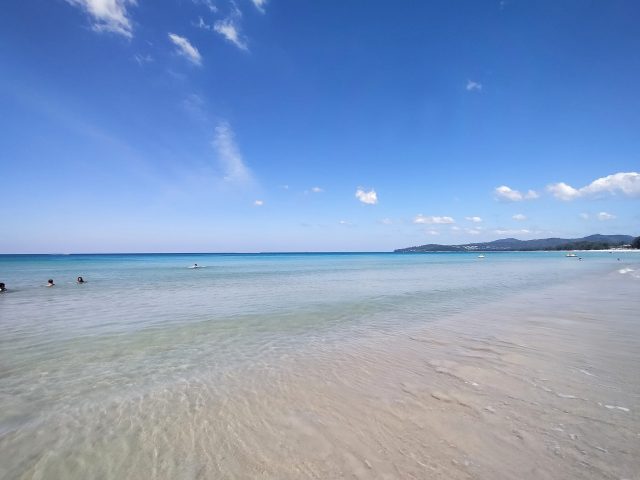
In 2019, just before Thailand was unceremoniously sealed off, 20% of Thailand’s GDP was from the pockets of 40 million tourists and the government had been confidently projecting that the tourism sector would account for 30% of GDP by 2030. Phuket alone welcomed almost 10 million visitors that year, Pattaya just over 9 million.
Only a few hundred thousand tourists arrived in 2021, most of them being ex-pats already based in Thailand that were away when the country was completely closed to all but Thai nationals returning on repatriation flights. The number of tourists that the tourism authority was hoping for simply hasn’t materialised, simply because there are too many hoops to jump through, as well as tourists arriving only to find that they couldn’t get a drink at night because of the nationwide booze bans and early restaurant closing times.
Unlike western countries, where millions have taken to the streets to protest against gene therapy mandates just to shop, work and travel, eventually forcing some of those govenrnments to recind the restrctions, there has been little resistance in Thailand to the medical aparthide that seems to be an essential cog in the mechanics of the fourth industrial revolution threatening to digitally enslave the entire world with so-called health passports.
With tens of thousands of locals in Phuket dependent on the tourism industry left penniless from the lack of tourists and many hotels already closed for good, prominent hoteliers have finally begun putting pressure on the government to abolish the PCR testing on arrivals – those that are already jabbed up, that is. No one is talking about making things any easier for the unjabbed. However there is an exception to the rules for those that can prove they’ve recently recovered from the common cold.
There are plans to declare the common cold endemic in Thailand by June but it remains to be seen whether the country will open up entirely. A promising comment from the health ministry in February was that, “People must understand that the number of daily new cases is nothing to worry about. We’ve lived with the disease for 2 years already, so it’s about time to move on together.”
If Thailand really wants to see tourists retruning in their millions and compete with other tourist destinations, they would do well to follow the lead of countries including Spain, Iceland, Mexico and Costa Rica, all of which relaxed entry rules for unvaxinated international tourists in February, requiring no tests mor demanding jab status. making the four countries holiday destinations of choice for unjabbed Brits this summer.
Gates pushes drugs & GMOs on Southeast Asian farmers
I said earlier in this report that the foreign minister appears to be keeping the country at arm’s length from the likes of the World Economic Forum and its “global” leaders, however, the Bill & Melinda Gates Foundation has over many years, sponsored various medical initiatives with tens of millions of dollars in donations towards contraceptive programs, malaria treatment development, HIV vaccine development and even the creation of novel DNA vaccine delivery system.
And a new partnership involving the Gates Foundation was announced just last year, in the midst of the pandemic and with uncanny timing. The United Nations Economic and Social Commission for Asia and the Pacific or ESCAP, and the Bill & Melinda Gates Foundation is promising to reimagine post-pandemic economies by targeting rural communities with inclusive business models in agriculture and food systems in South and South-East Asia with the aim of achiving Sustainable Development Goals by 2030. Sound familiar?
The carrot being dangled by ESCAP and the Gates Foundation is a promise is to elevate living standards for rural farmers by completely re-engineering the supply chain but critics say the benefits will mainly be for those owning the intellectual rights to modified, de-natured organisms in techno food for the masses. Soylent Green Anyone?
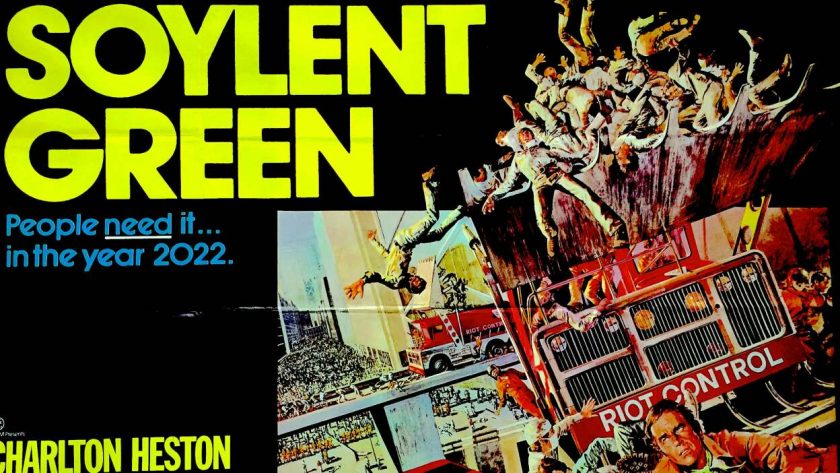
Gates is armed with dozens of patents more than a hundred patents pending to artificially replicate foods such as cheese, beef and chicken as well as genetically modified seeds. In fact his “winning formula” for monopolosing the word’s agriculture is “genetically modified seeds and chemical herbicides, in the right doses – and not land-intensive organic farming” – all this under the guise of sustainability and curbing carbon emissions while lifting farmers out of poverty.
The Gates Foundation has already infiltrated Africa’s agriculture with devastating results. The coordinator of Alliance for Food Sovereignty in Africa (AFSA), Million Belay, said “Gates has influenced the direction of agriculture to benefit the corporates. His foundation has contributed hugely in weakening our seed, biosafety and agrichemical related regulations … it will take years to undo what they have done.”
Data collection and control while owning and operating every stage of the supply chain is at the heart of the fourth industrial revolution that Gates and his WEF cronies wish to implement worldwide.
They have invested billions of dollars in the GMO market over the past 20 years and are expecting to cash in somewhere in the region of two to four trillion dollars in the next 20 years. Through agritech start ups using cell programming technology, they will own commercial strains of almost every natural product conventionally used in agriculture – we’re talking hundreds of thousands of genetically modified organisms produced in labs, not fields. Farmers in their programs will be forced to use their products and be expected to meet high-yield demands set by the agri-monoply.
We see the same business model used over and over to gain almost complete control of entire industries in the name of progress with a potentially fatal faith in ‘science’ to genetically alter our food, medicine and ultimately human genes – all of which become corporate property.
I only hope that Thailand continues to maintain her sovereignty as well as that of the country’s native crops and her citizens.
